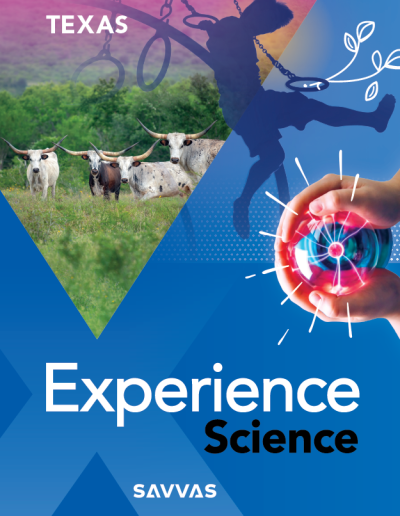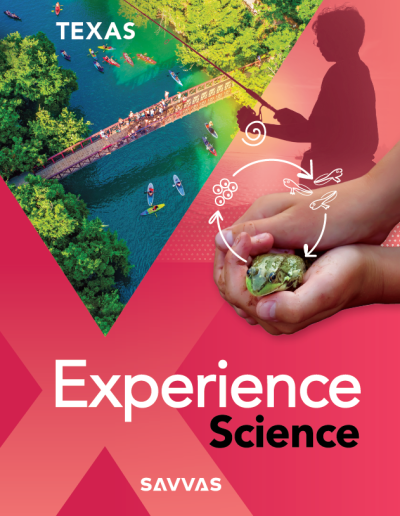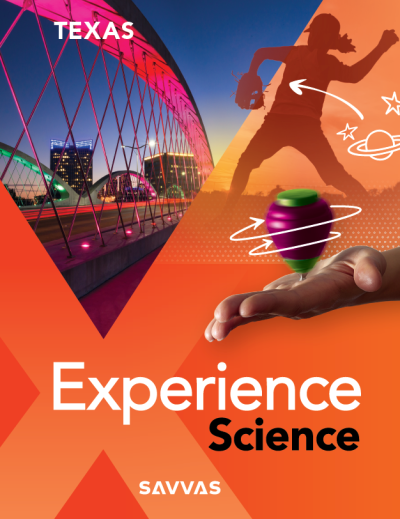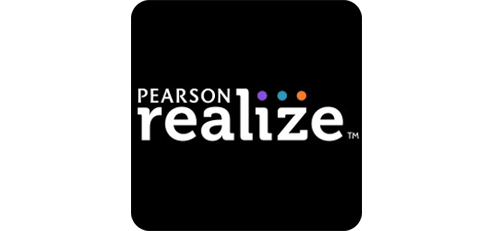
Please follow us on Twitter @NISDMSScience to see all the amazing things happening in science in middle school!
Academic Science Grades 6 - 8
Grades 6, 7 and 8 Science content is organized into recurring strands. The concepts within each grade level build on prior knowledge, prepare students for the next grade level, and establish a foundation for high school courses. Recurring content strands include: Matter and Energy; Force, Motion and Energy; Earth and Space; and Organisms and Environments.
In all science classes, students will investigate the natural world using scientific and engineering practices. Students will ask questions, plan and conduct investigations, and explain phenomena using appropriate tools and models. Science also consists of recurring themes that allow students to make connections between overarching concepts across disciplines.
Advanced Science Grades 7 and 8
Advanced science classes do cover the same content as the academic science courses as well as the same investigative practices for understanding the natural world. However, students should expect a more rigorous class with more in-depth classroom discussions and an increased amount of reading and writing assignments known as Free Response Questions (FRQ) as they prepare for future Advanced Placement (AP) courses and exams.
Please Note: Students do not earn high school credit in the advanced science courses.
Middle School Science District Calendar
The suggested pacing for all grades can be found on the: All Level MS Science Year At-A-Glance. This All Level MS Science Year at-A-Glance outlines the suggested pacing for the units in 6th, 7th, and 8th grade science by the approximate number of weeks.
All 6th, 7th, and 8th grade middle school science students also participate in two science Curriculum Diagnostic Benchmarks (CDB) each year. Please contact your child’s science teacher for information as to when those exams will be administered.
Middle School Science District Grading Policy
The state requires that at least 40% of instructional time be spent conducting laboratory and field investigations. The district grading policy for middle school science is as follows:
20% Formative
40% Summative
40% Labs
Safety and Equipment in the Science Lab
All students have the opportunity to work with a variety of equipment during their three years in middle school, including but not limited to data collecting devices, motion detectors, and temperature probes, compound and digital microscopes, spring scales, triple beam balances, graduated cylinders, dissecting equipment and models.
Teachers receive annual science safety training in operating and maintaining a safe learning environment for their students. Students are expected to sign a district science safety contract each year and review safety expectations before participating in any lab experience.
Safety Contract English and Spanish
Texas Experience Science
Middle school science students use the Texas Experience Science textbook published by SAVVAS. Students will have access to a class set of hardbound books. This is not the main curriculum, but rather an additional resource available to teachers and students. Images of the textbooks for each grade level are shown.



Students are also able to access an online version of the textbook, which includes options to have the book read aloud to the student. The online platform, known as SAVVAS Realize, also has digital lessons and interactive virtual labs and can be accessed through the student’s NISD portal. However, students will mostly interact with the student text via Schoology. Look for the following icon.

Grade 8 Science STAAR
Middle school students participate in a cumulative Science STAAR test at the end of their 8th grade year. Students prepare all three years for this test focusing on the mastery of Texas Essential Knowledge and Skills (TEKS) considered to be foundational as well as TEKS directly assessed on STAAR.
2021 Adopted Science TEKS
TEA has released the Grade 8 Science Assessed Curriculum for 2024-2025 ONLY resource, which identifies those standards being assessed on the 8th grade 2025 STAAR due to the implementation of the new standards. The STAAR Grade 8 Science Reference Materials is provided by the Texas Education Agency, TEA, and can be used on the 8th grade STAAR test.
Parents and students can access the Texas Assessment Family Portal at texasassessment.gov to view and print released STAAR tests as well as login to access the online practice tests.
